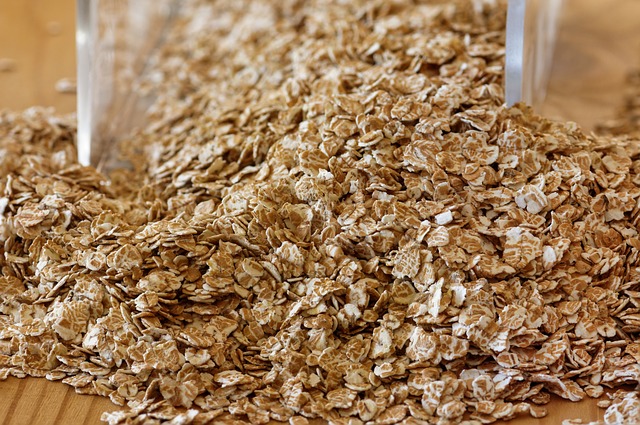Heart disease continues to be a leading cause of death worldwide. However, research has consistently shown that a healthy diet plays a significant role in reducing the risk of cardiovascular conditions. Whole grains, with their abundance of nutrients and dietary fiber, have emerged as a key component in promoting heart health. This article explores the link between whole grains and heart health, highlighting the best dietary practices for reaping the benefits.
Understanding Whole Grains and Their Nutritional Value
Whole grains encompass the entire grain seed, including the bran, germ, and endosperm. This composition provides a rich array of essential nutrients, such as dietary fiber, vitamins, minerals, antioxidants, and phytochemicals. These components work synergistically to provide protective effects for cardiovascular health.
The Link Between Whole Grains and Heart Health
- Reduced Risk of Heart Disease: Numerous studies have demonstrated that regular consumption of whole grains is associated with a lower risk of heart disease. The high fiber content, along with the unique combination of nutrients, plays a crucial role in reducing blood pressure, lowering LDL cholesterol levels, and improving overall lipid profiles.
- Lower Risk of Stroke: Incorporating whole grains into the diet has been linked to a decreased risk of stroke. The fiber and other bioactive compounds in whole grains contribute to improved blood vessel health, reduced inflammation, and enhanced blood flow, all of which are vital for stroke prevention.
- Better Weight Management: Whole grains, with their high fiber content, promote satiety and aid in weight management. By providing a feeling of fullness, whole grains can help control appetite and reduce the risk of obesity, a significant risk factor for heart disease.
Best Dietary Practices for Incorporating Whole Grains
- Choose Whole Grain Varieties: When selecting grain-based products, opt for whole grain options such as whole wheat, oats, brown rice, quinoa, barley, and buckwheat. Check food labels to ensure the product is made primarily from whole grains.
- Increase Daily Intake: Aim to consume at least three servings of whole grains per day. Incorporate whole grains into meals and snacks, such as whole grain bread, whole wheat pasta, or oatmeal.
- Diversify Grain Choices: Explore a variety of whole grains to benefit from their unique nutritional profiles. Experiment with ancient grains like amaranth, millet, spelt, or teff to add diversity to your diet.
- Include Whole Grains in Your Recipes: Incorporate whole grains into homemade recipes by using whole wheat flour for baking, adding cooked grains to salads or soups, or swapping refined grains with whole grain alternatives in recipes.
- Start the Day with Whole Grains: Begin your mornings with a nutritious whole grain breakfast, such as oatmeal topped with berries, whole grain cereal with low-fat milk, or whole grain toast with avocado.
- Mindful Portion Control: While whole grains offer numerous health benefits, it’s important to practice portion control to maintain a balanced diet. Be mindful of portion sizes and balance your intake of whole grains with other nutrient-dense foods.
Adding whole grains into our diets is a valuable step toward maintaining heart health. The wealth of nutrients, fiber, and beneficial compounds found in whole grains contribute to reducing the risk of heart disease, stroke, and weight gain. By following best dietary practices and making whole grains a staple in our meals, we can harness their potential to protect and enhance cardiovascular well-being. Make the conscious choice to prioritize whole grains and enjoy the benefits they offer for a healthier heart.
Image by Willfried Wende from Pixabay
Cardiovascular
-

Natural Remedies for Arrhythmia: Tips for a Healthy Heart Rhythm
Arrhythmia is a condition that affects the heart’s rhythm and can lead to serious health problems. While medications and other medical interventions can be helpful in managing arrhythmia, there are also natural remedies that can support a healthy heart rhythm. In this article, we will explore some natural remedies for arrhythmia and tips for maintaining…
-

The Benefits of CoQ10 (Coenzyme Q10) for Heart Health
-

The Ultimate Guide For a Heart-Healthy Diet: A Comprehensive Approach
-

How to Lower Cholesterol Naturally: Tips and Remedies
-

The Top 10 Natural Remedies For High Blood Pressure (Hypertension)
-

Foods that Boost Heart Health: A Natural Approach
-

How Exercise Can Prevent Heart Disease









Leave a Reply